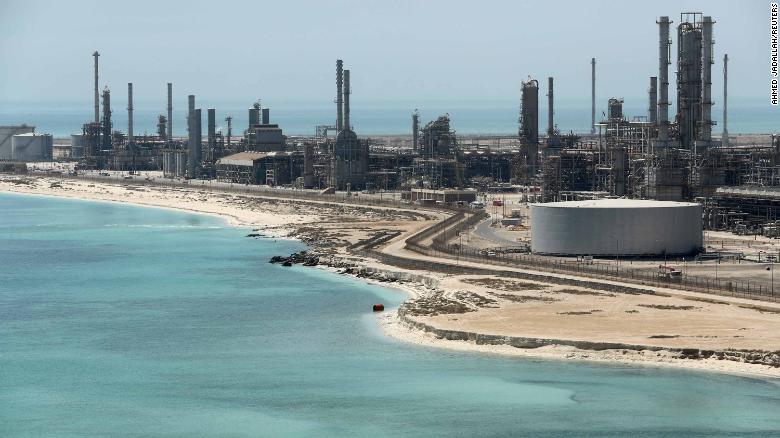Iraq’s oil boom could be derailed by a lack of water

Oil output has doubled over the past decade, putting the country on track to overtake Canada as the world’s fourth largest producer by 2030, the International Energy Agency said in a report on Thursday.That would leave it trailing only the United States, Saudi Arabia and Russia. But Iraq’s oil growth may stall if it fails to find new sources of water, the global energy watchdog warned. “Without it, production rates could struggle to climb much beyond their current levels,” the IEA said in its report.Years of war, violence and instability have battered the country’s infrastructure. Yet the oil industry has enjoyed a resurgence in recent years, and big Western companies such as Exxon (XOM), BP (BP) and ENI (E) have invested in developing oil fields. Over the last decade, Iraq has accounted for 20% of the growth in global oil supply. Production has recovered from 2.3 million barrels a day in 2009 to around 4.7 million currently. That number could rise to 6 million by 2030 if Iraq can solve its water crisis.”To reach the projected production levels, Iraq would need an additional 3 million barrels a day of water for injection into reservoirs,” the IEA said. The industry already uses 5 million barrels of water a day to ensure there’s enough pressure in the underground reservoirs to extract the oil. It needs as much as 1.5 barrels of water for every barrel of oil. But Iraq relies on imports from neighboring countries for 70% of the water it consumes. River levels have fallen by up to 40% in the last 20 years.”The quality of the water available is also deteriorating, placing further constraints on available ground and surface water supply,” the IEA said. “Reduced river flows have allowed seawater to encroach upstream, increasing the salinity of the freshwater.”Some operations at power plants and the country’s largest oil refinery were scaled back in 2018 because “salt levels in water were four-times higher than operable limits,” it added. Iraq has a plan to process seawater from the Gulf and transport it to the largest oil fields in the south of the country, but the project has faced several delays. A contract is now expected to be signed in 2019. The first phase could be completed in three years and transport 5 million barrels of water a day.”It is critical for the oil industry to ensure the effective and efficient management of water, including making much better use of recycling and reusing produced water,” the IEA said. A lack of water is not the only challenge Iraq needs to overcome. Future oil growth will depend on its ability to attract investment and maintain political stability, as well as global demand, it added.







